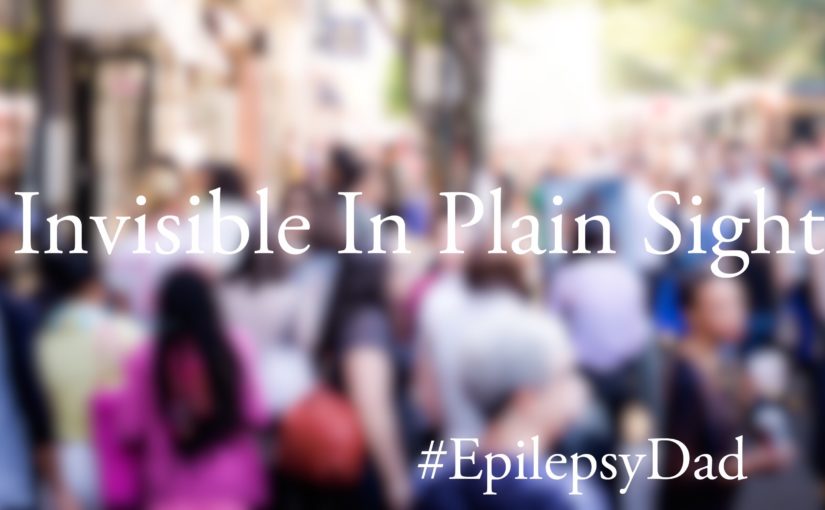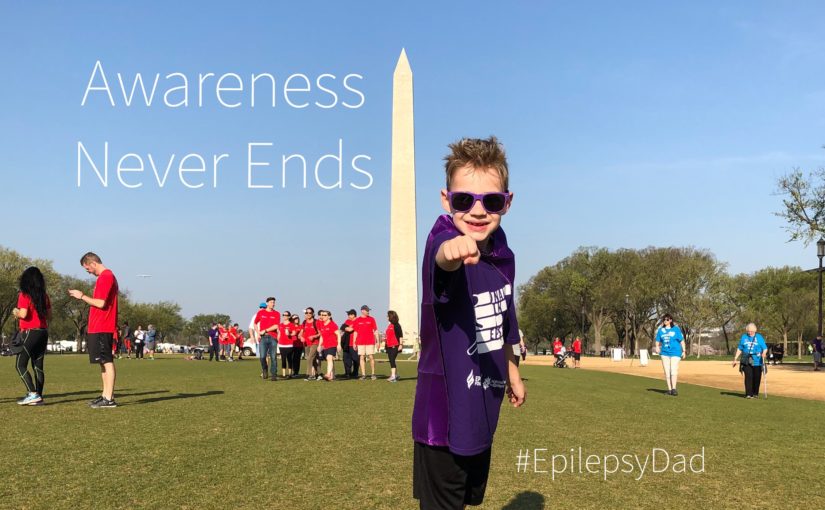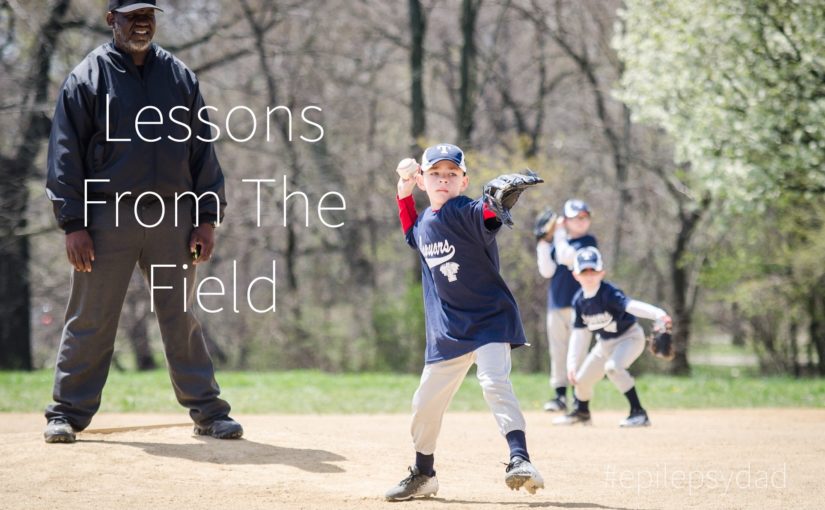I stepped on to the street on my way to work. As I joined the flow of foot traffic, I saw a young man walking quickly ahead of me. I say “walking”, but he was bouncing more than he was walking. I didn’t see any of the earphones that I and most of my fellow pedestrians were wearing, but he was moving as if he had a soundtrack playing in his head that lightened his steps.
I noticed him because he was so different from everyone else on the street. He was a tall, young African American teen wearing a bright blue t-shirt surrounded by an army of mostly white business people dressed in muted black, brown, or blue. He head was up as he looked at the world around him while that world was looking down at their feet or at their phones.
When he stopped at a crosswalk, I got close enough to see that he would sometimes raise his hands and sign to no one in particular. It was as if he was signing the lyrics to the song in his head. Like when the chorus of a really good song comes on and you find yourself singing along, even if only in your head. From half a block away, this young man looked like joy personified walking up the street.
The light turned green before I could catch up to him. He danced through the intersection and on his way. As he did, I saw that he would occasionally wave to people passing in the opposite direction. Even from my distance, I could see a big smile on his face. But no one that he waved to reacted. They kept their head down. They looked at their phones. They looked the other way.
Maybe they didn’t see him. Maybe they were busy. Maybe they were really interested in whatever was on their screen. Maybe they were scared. Or maybe they just couldn’t be bothered. We live in a big city and I see people ignoring the world around them and everyone in it all the time.
I thought that maybe the young man had a disability because he was signing. Or maybe he was just different than, in color and age and general attitude, the other people on the street. But watching how the young man was being ignored made me think of my son.
Epilepsy is often called an “invisible” condition because it lacks physical markers, but there can be signs. We’ve had more than a few people ask us politely “Is there something wrong with him?” after they spend time with our son. He’s noticeably different in a self-centered world that doesn’t seem to have a place for people that are different. We talk about diversity and inclusion but we look the other way when it is our turn to act…when it is our turn to accept someone who is different from us.
I watched the world look away from that young man on the street. I saw the world unwilling to acknowledge another human being. I don’t want that for my son but I don’t know what to do about it. I wish I could change the world. I wish I could make it more accepting, more forgiving, more tolerant, more open, more aware. But we’re heading in the wrong direction. I fear that the only thing that I can do is prepare my son for the road ahead.
But then I turned my attention back to the young man. I could see, as he waved to the next person, that he was smiling. Even with the world ignoring him, he was walking with a bounce in his step and smiling. He would wave at another person. And then another. And he would keep smiling. I watched him not slow down, not shy away, and keep moving forward. I thought of my son then, too, because he has that same persistence, the same drive to bring joy to the world. And for a brief moment, I felt hope.
I never caught up to him, but I wish I could tell that young man that he brightened at least one person’s morning that day.


